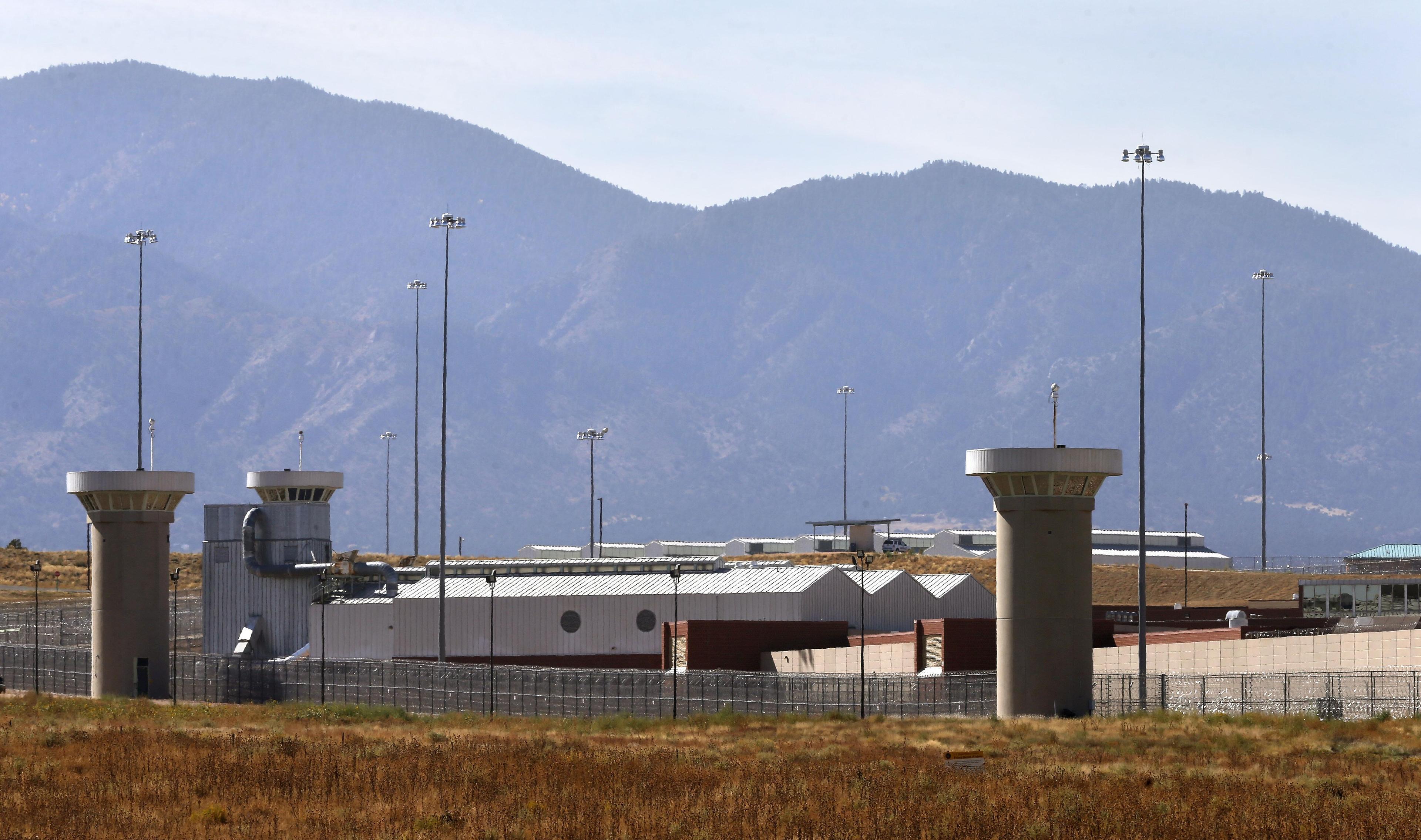
A Denver District Court ruled on Wednesday that Democratic Gov. Jared Polis’ executive order to allow for remote ballot signature gathering is legal.
Polis suspended several laws to give groups trying to get measures on the November ballot more flexibility in the age of the new coronavirus and social distancing. His order allows circulators to gather signatures via e-mail or by mail rather than solely in person.
Groups must still collect roughly 124,000 valid signatures from registered voters by Aug. 3 to qualify for the ballot.
The case centered on whether Polis had the legal authority to make such a change under a declared public health emergency. Colorado Concern, an influential business group of CEOs from across the state, and Dan Ritchie, a member of the organization and former University of Denver chancellor, filed the lawsuit.
They argued that Polis’ order was a substantive change to the ballot initiative process and removed “vital safeguards that go to the very heart of the integrity in the initiative process” and “reaches beyond the power given to the governor by the people, and has to be challenged.”
Denver District Court Judge Robert L. McGahey, disagreed that the executive order made a fundamental change to the initiative process, and said the switch to allow for remote signatures was technical.
“Nothing in Executive Order 65 changes the minimum signature requirements or changes any of the substantive provisions of Article 40’s requirements,” wrote McGahey. “Given the prevalence of video conferencing and other forms of virtual communication, there is nothing in the facts before me to suggest that the equivalent of ‘in-person’ signatures is impossible.”
A number of groups from across the political spectrum are trying to get initiatives on the ballot. Ritchie and Colorado Concern said they would be negatively affected by some of those proposals, including a measure to create a paid family and medical leave program, and an initiative that would increase taxes for the top 5 percent of earners and lower them for everyone else, to generate $2 billion, half of which would go to fund K-12 public schools.
But McGahey said the impact of potential ballot initiatives was too uncertain and said the plaintiffs did not demonstrate “irreparable injury” that would justify halting the governor’s executive order.
"None of the initiatives that Plaintiffs are hypothetically complaining about may ever appear on the November ballot," wrote McGahey.
Other measures slated for the ballot include a tax on vaping and nicotine products as well as two initiatives backed by conservative groups — one would lower the state’s income tax rate, and another would require voter approval for any large fee increase.
Many campaigns, including the paid leave and tax ballot measures from both the right and the left, already have people gathering physical signatures in the field. Their virtual campaigns will have to wait for the state's new rules, which have not yet been finalized. Colorado Concern and Ritchie have not said whether they plan to appeal the ruling.
"We respect the judge, but disagree with his conclusion, and will assess the situation and plan our next steps,” said Mike Kopp, the president and CEO of Colorado Concern.
“The Supreme Court has made it clear even very recently — safeguards protecting the integrity of ballot qualification processes are very much the law of the land even during extraordinary times like these,” Kopp said, referring to a Colorado Supreme Court ruling that the COVID-19 pandemic did not loosen the requirements candidates must meet to have their names placed on the ballot for the Democratic primary in the state’s U.S. Senate race.
Polis praised the decision on his executive order in a tweet shortly after the court released it.









